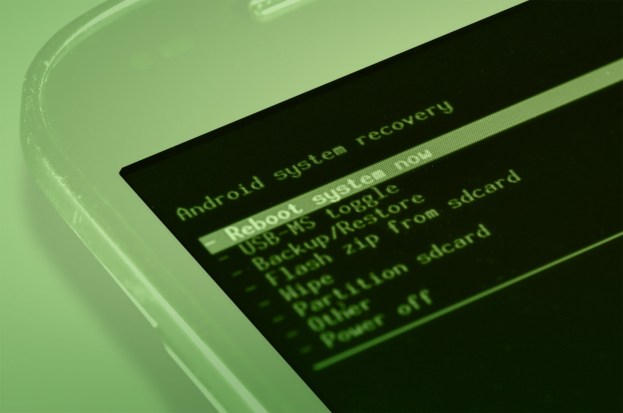
Ask the average Android fan why they love their device and you’ll surely hear them utter the words “open source.” With Android, your smartphone is free of chains. You can do anything you’d like with it and aren’t held back by either Google or the hardware manufacturer.
Open-source suggests endless possibilities and freedom, and everyone agrees that’s great. Yet reality often forces an ideal to conform with restrictions that aren’t immediately obvious. Android is no exception and, on close examination, the advantages provided by the open-source platform are slim indeed.
An App Store by another name
Central to the argument for Android’s openness is disdain for Apple’s App Store. Cupertino’s PR department has repeatedly had to deal with bad press related to the banishment of certain apps from its store’s virtual shelves. These issues are offered as proof that Apple is a evil empire willing to sacrifice customers and developers on the altar of profitability.
If Google doesn’t think your app should be on the store, then it won’t be – and that’s final.
Yes, there are other ways to grab apps for Android, but Google Play’s dominance makes this irrelevant. If a developer wants to make money with an app, or gain a broad audience, their app must be on Google Play. The number of people who use alternative app stores, or simply download app from the Web, is infinitesimal. Open development is meaningless if one company controls the only widely used channel for distribution.
What’s openness good for?
What can be accomplished on Android that can’t be accomplished on the iPhone?
The list is short. Some Android phones can tether without being rooted, which is nice as long as your carrier doesn’t catch you. Users also are given more out-of-the-box ability to customize the look of the operating system, which is nice, but usually a matter of form over function. Oh, and Android users can swap out certain baked-in apps, like the keyboard.
What about root? Well, what about it? An iPhone can be jailbroken just as an Android device can be rooted. In both cases you void your warranty and risk bricking your device in exchange for complete control over the OS.

Android experts will argue that jailbreaking isn’t the same as rooting because, via root, an Android device can load a custom ROM. You could even install an entirely different OS, such as the new version of Ubuntu for smartphones. Jailbreaking only allows the installation of unauthorized apps.
That’s true, but again – what’s it good for? The various custom kernels for Android tend to be buggy, unreliable, and slow. Only a handful of projects update with anything resembling rigor and each supports only a fraction of the devices currently on the market. Even if you go to the trouble of rooting your device, thereby voiding your warranty, there’s no guarantee the end result with be better than what you had before.
The power of one
Android’s supposed openness is as much a myth about individual accomplishment as anything else. Die-hard fans of the platform often see themselves as rebels, toiling away at custom kernels in the belief that they’ll be able to craft something better than what comes from labs of stodgy companies with more money than sense.
… Google has chosen to develop Android with only a facade of openness.
The story might be different if Google gave developers more say in he OS itself. Chrome OS, which has been built with far more community feedback, proves that this path is possible. Yet Google has chosen to develop Android with only a facade of openness.
Why? Advertising. Android was created with the goal of bringing Google ads to mobile devices. If the community was more deeply involved developers could insist on features that move away from that goal. They might create easy way to install apps directly from websites or circumvent the mobile ad features baked into the development kit. Don’t let Google’s preaching fool you – in the end, it’s all about the Benjamins.
Editors' Recommendations
- Google is making it easier to ditch your iPhone for an Android phone
- The iPhone’s new AI features may come with a gigantic catch
- Can a $500 Pixel phone beat a $1,000 iPhone in a camera test? I found out
- Apple may release a completely new type of iPhone in 2025
- The iPhone 16 Pro Max may get a very important battery upgrade
